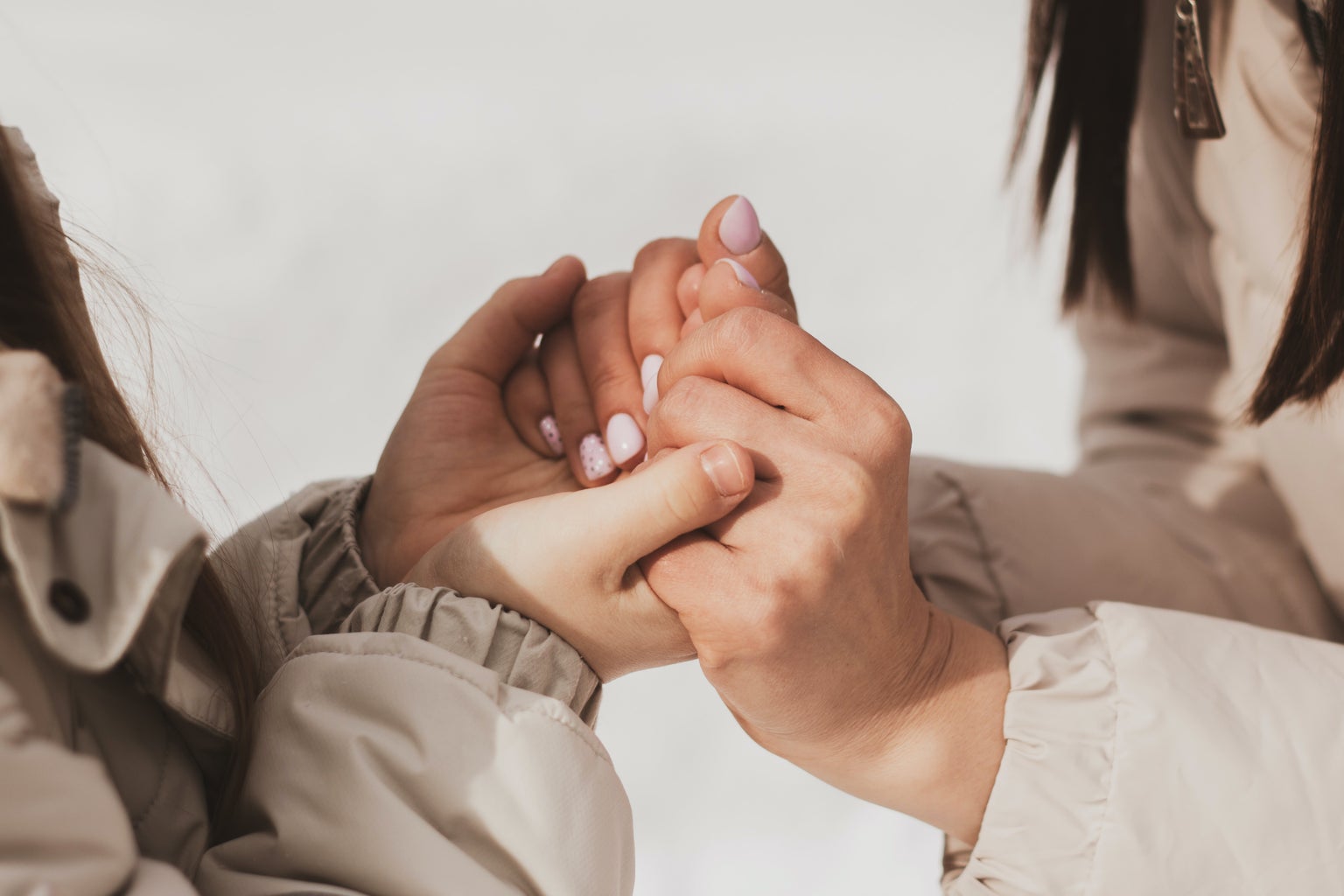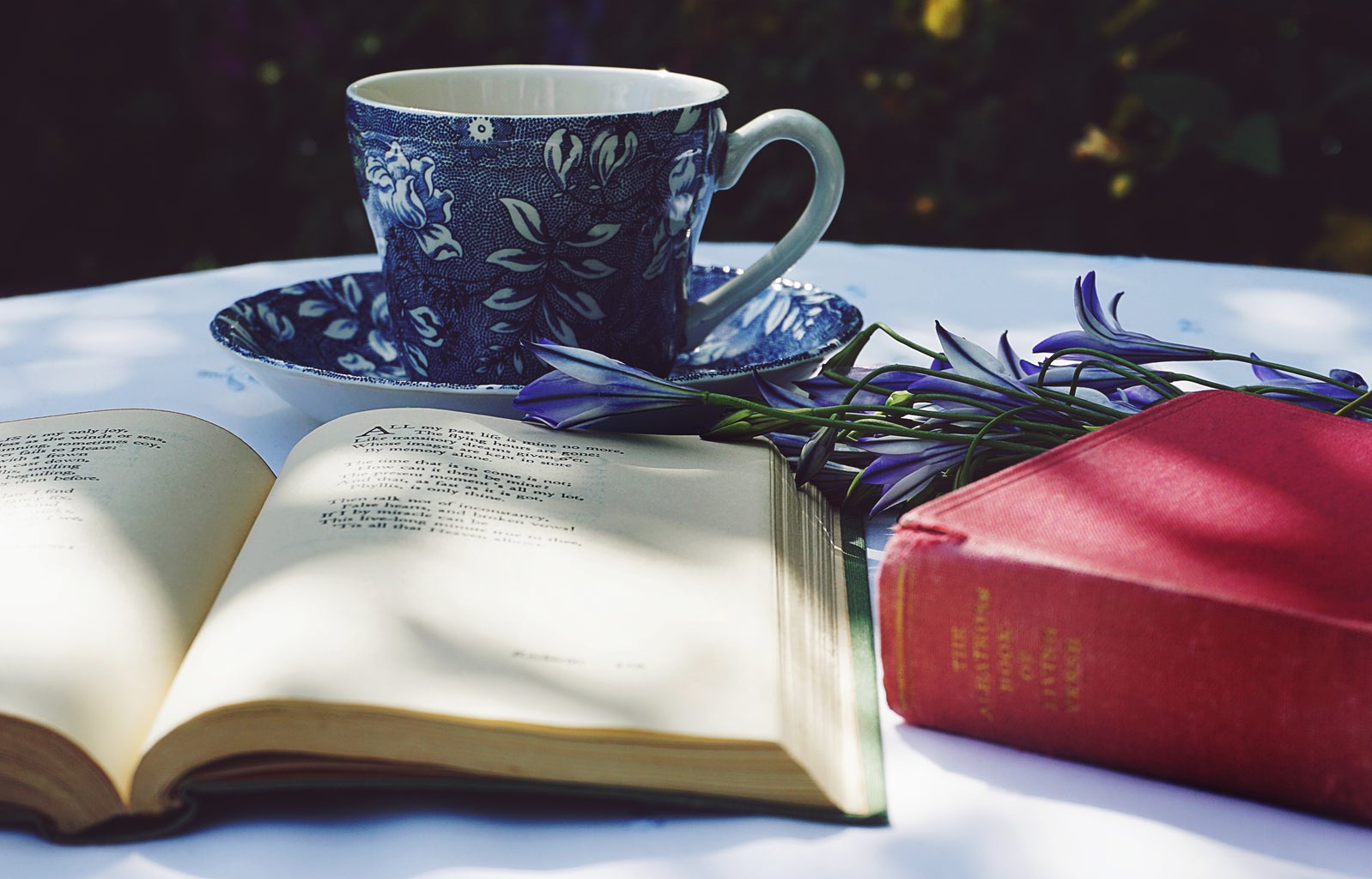Grief is heavy distress, a reaction to loss of a connection in which a particular affection or attachment was present. Shedding the cocoon, in reforming yourself each day, you may experience grief of your past self. The newness of being at college — freshly away-from-home — and the crumbling conclusion of a breakup means I am often in more solitude. In attempts to find my ground, loneliness needs its combative tools.
Support Systems
“Time is of the essence!” they say. Time is prescribed as a scarcity, meaning everyone is always so busy I tend to be alone more often than I assumed I would be. The physical distance between familial and friend relationships in addition to their busy schedules means we need to make new friends in this new space, and making new quality friendships can take time. Making designated call times with friends to study and converse helps maintain those relationships, especially considering your friends are likely feeling isolated too. Expanding your support system requires visiting spaces, and for me and many that means stepping beyond your introverted tendencies.
So in between testing the waters of friendship, in counting down the clock until I would be in the company of others, I tend to be alone an increasing amount of time. Thereby, time has slowed to meagerly lag by and I have become cognizant of my emotions. So we must learn to practice feeling okay alone and loving our own company:
“…looking directly into [your] own eyes in [a] mirror..You need to make sure there are no lies there. You need to make sure the eyes in the mirror are the eyes of a [person] you respect.” —Untamed, Glennon Doyle
Sound
In learning to love alone, I focus on sound: music and silence. Detailing the emotions we feel and those we wish to feel, a hedonic music theory proposes that we listen to music that evokes the pleasures or displeasures, the ebbs and weaves, with which we emote or hope to feel. The sounds and the lyricism grants us the ability to relate to others’ experiences of ‘human’ and feel basked in those emotions. The imperative is: healing requires feeling, even if that is uncomfortable. Additionally, I have increasingly put emphasis on the practice of silence. I sit in my own silence and listen to the wind and the chirps of birds to feel present. I sit alone in an enclosed space, such as my bedroom, where I can bathe in silence, and at times tune into my breathing. I practice living in the comfort of silence.
Writing
Allowing myself to feel extends into accepting my emotions, one and all. I am still attempting to learn that I am allowed to feel however I do. I have increasingly processed what I am feeling by journaling. Any feeling or experience I wish to note, I write. And this practice of diary-keeping is twofold in that it works on the immobilizing agent of perfectionism. In practicing non-perfection, we must accept that it is okay to hate your writing and that writing can have no purpose other than simply writing. Journaling helps undo perfectionism and increases perceptiveness to emotion.
More Art
In times of solitude and creative deprivation, refueling and relaxation comes from a consumption of creativity from others: poetry, photography, film, video essays. I make a promise to allocate time to divulge in others’ creations, finding common ground with my experience as a reminder that I am not alone. I force myself to look at art, to feel everything I don’t want to and that which I wish and dream about. To find my dreams in emotions and colors, I search for art that relates what I feel to what I wish for: good, pure, mutual connection. Collecting all the pictures and words that impact me throughout my days, I remind myself of feeling.
Lang Leav wrote:
“She has been feeling it for a while now — that sense of awakening. There is a gentle rage simmering inside her, and it is getting stronger by the day. She will hold it close to her—she will nurture it and let it grow. She won’t let anyone take it away from her.”
It is essential to recognize the power within ourselves, the capacity we have to do. This extends to our ability to be okay alone through acknowledging and understanding our emotions.
Finding joy alone means rewriting your future, reminding yourself of your values and intentions, focusing on being present, and knowing that it is okay to not be okay. It means slow is okay. If we write grief of ourselves and of our losses as the unshared love we have not been able to give, because we are still in our own company we have the capacity to give that love to ourselves.





